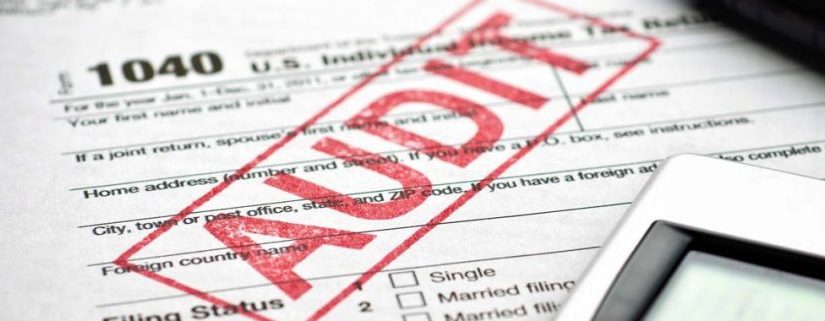Once you file a joint income tax return, you cannot simply remove the risk of having problems. Logically speaking, it is possible that your spouse can cause some serious trouble with your finance even if you trust them with filing an honest return. Always remember that your signature connects your name to the documents so if anything illegal, wrong, or misleading information has been found, IRS has the ability and the right to come after you and your spouse. But what if it is caused by something you have nothing to do with? Don’t despair, there are ways on how you can escape the liability and save yourself from misery.
Innocent Spouse Relief is a program where IRS grants exemption to innocent spouses who are under a jointly filed taxed return that is considered illegal, misleading or provides false information. Once qualified, you may not have to pay any of the penalties or interests owed.
How to Qualify
Innocent Spouse Relief is so valuable in the tax world. That is why IRS is very strict when it comes to giving away that privilege and makes sure that all the necessary requirements are met and that the innocent spouse is really free of guilt. Here are some steps on how you can qualify.
Meet the Guidelines and Submit Requirements – One main factor considered to qualify for the program is if you have no knowledge and capability of reviewing your spouse’s financial activity. This means that you don’t have access to his/her bank account, or your spouse has a business that is running independently and you did not knowingly benefit from the extra income that was a result of tax manipulation.
Seek Help Immediately – Your claim should be filed within two years after the IRS first started its collection activity. Failure to do so will void your ability to claim innocence.
Prove Your Claim – Once you notify the IRS of your innocence, be prepared to prove your claims by answering their questionnaire that they would send you. While you can answer it yourself using your knowledge of the situation, it is best to hire a tax resolution specialist to make sure you do it correctly and to have a higher chance of getting the relief.
How to File
To file a claim, you would need to fill up and submit the Form 8857 to the IRS’ address depending on how you would like to send it. Be advised that you need to attach a statement explaining why you should qualify for relief. After this process, keep in mind what would happen next.
Your Spouse Will be Notified – The IRS would conduct an investigation regarding your claim and that includes getting your spouse’s statement. IRS wants to hear from both sides to make sure they will have a good judgment. Having said that, there is a possibility of your spouse or ex-spouse filing an Innocent Spouse Relief form, thus making the process more complicated and the time frame to reach a verdict extended.
The Process Will Take Time – If there is no other situation that would occur, the process normally takes up to six months. But as mentioned, this can take longer when the other party also files for a relief.
Unfair Treatment – The process of filing an Innocent Spouse Relief can be tedious and stressful. Once engaged, the process might take too much of your time and energy and the worst part is that it can result to biased verdict especially when your spouse files the same form against you. It is best to seek help from a tax resolution expert from BC Tax to gain higher chances of getting the verdict in favor to you. This way, you can save yourself from the tax liability, and at the same time save you from the stress it may cause you.








